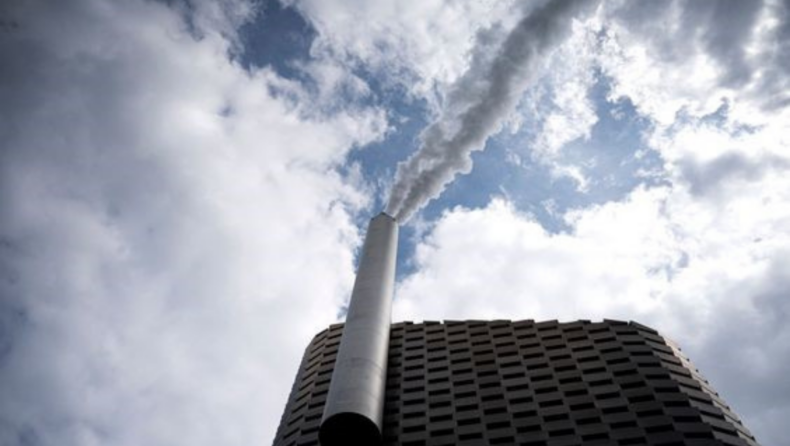The two-week meeting of 195 countries and climate scientists, which began on March 21, will finalise a summary for policymakers covering various aspects of mitigation, including Carbon capture and technology development and transfer.
The upcoming report of the United Nations‘ body of climate experts, due out on April 4, is expected to be significant for India because it will focus on progress in mitigating the climate crisis and discuss technology options for reducing carbon emissions.

The upcoming report of the United Nations’ body of climate experts, which is due on April 4, is expected to be significant for India because it will focus on progress in mitigating the climate crisis and discuss technology options for reducing carbon emissions.
The two-week meeting of 195 countries and climate scientists, which began on March 21, is expected to produce a summary for policymakers covering various aspects of mitigation, including technology development and transfer.
In order to address the climate crisis, India has requested financial and technological assistance from developed countries. Because they have used more than their fair share of the global carbon budget, wealthy nations must ensure rapid reductions in greenhouse gas emissions in the current decade in order to reach net zero much sooner than their announced dates, India has stated on multiple international platforms.
According to Jim Skea of Imperial College in London, co-chair of the working group preparing the report for the Intergovernmental Panel on Climate Change, the new report will also document carbon dioxide removal technologies from the atmosphere, reducing emissions, a just transition to low-carbon economies, and fairness and equity in sharing the burden of reducing emissions.
“This report will look at policies and scenarios, but it will also look at how governments can improve laws and governance to better address the scale of the climate challenge,” said Navroz Dubash, the report’s coordinating lead author and a professor at the Centre for Policy Research.
“These are difficult questions for all countries, but perhaps especially for India, which must address climate change while meeting pressing development needs,” Dubash said.
According to Vaibhav Chaturvedi, a fellow at the Council on Energy, Environment, and Water in New Delhi and a co-author of the report, the report will emphasize the importance of short-term emission reductions.
“I hope that policymakers take the findings of this report very seriously and respond to the climate emergency with all available resources,” Chaturvedi said.
The report will be significant because two previous reports by the world’s most authoritative panel of climate experts — Climate Change 2021 – The Physical Science Basis, published in August last year, and Climate Change 2022 – Impacts, Adaptation, and Vulnerability, published just last month — highlighted that at least half of the world’s population lives in climate-vulnerable regions and that the crisis has already had several irreversible consequences.
According to the IPCC’s August 2021 report, the world may have passed up the opportunity to limit global warming to 1.5 degrees Celsius above pre-industrial levels. The 1.5 degree global warming threshold is likely to be breached within the next 10 to 20 years in all emission scenarios, including when carbon dioxide emissions rapidly fall to net zero around 2050.
“Based on current national commitments, global emissions are expected to rise by nearly 14% in the 2020s.” Last year, global energy-related CO2 emissions increased by 6% to their highest levels in history. CO2 emissions from coal have reached new highs.
“We are sleepwalking to climate catastrophe,” UN Secretary General António Guterres said on March 21 at a sustainability summit hosted by the Economist magazine.
“Similar commitments, however, are hampered by major emerging economies’ development imperatives and economic structures. Above all, coal is heavily relied upon. Among them are China, India, Indonesia, and others “According to Guterres.
“India is taking bilateral steps to meet Prime Minister Modi’s ambitious renewable energy expansion targets by 2030,” he said. “We hope to see this reflected in a new and strengthened national climate plan soon.”
Published By : VATSAL KOTHA
Edited By : KRITIKA KASHYAP













